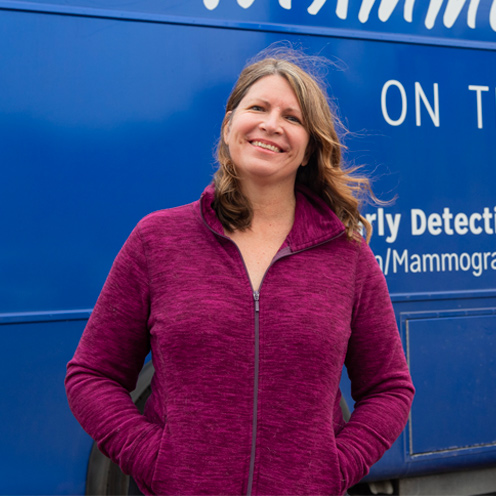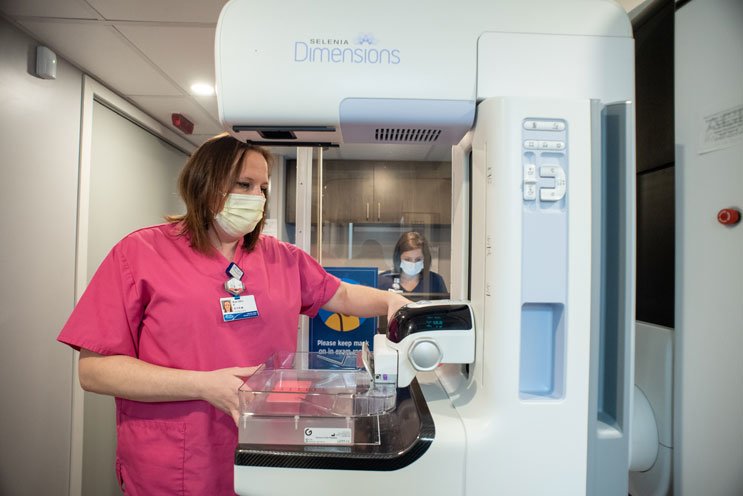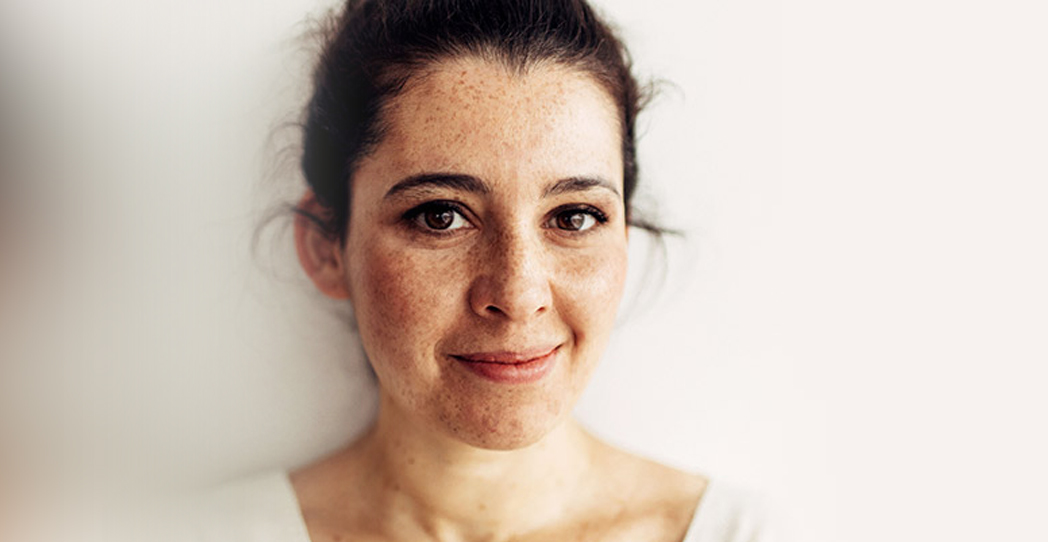With our breast cancer risk assessment, in 5 minutes you will:
- Discover your breast cancer risk
- Determine your breast cancer risk factors
- Receive a free personalized report to share with your healthcare provider
Here’s what you need to know before you start.
We know you’re busy. But by taking 5 minutes to complete our breast cancer risk quiz, you will get a personalized risk report, so you know what you’re up against when it comes to breast cancer. And get the expertise you need from our nationally renowned breast cancer team..
Some information that would be helpful to have handy:
- Age at your first menstrual period
- Family history of breast and/or ovarian cancer
- Overview of results from any past mammograms, including if you have dense breast tissue
Take the Next Step – Schedule Your Mammogram Now
We offer day, evening and weekend breast cancer screening appointments for mammograms and advanced breast imaging exams like digital breast tomosynthesis (3D mammography). And, it’s quick and easy to make your appointment online at any of our locations, where were are committed to keep you safe during your visit.
Due for your mammogram? Schedule now!
Schedule Your Mammogram Online
It's quick and convenient to make your appointment online at any of our locations, where we are committed to keep you safe during your visit!

Who’s More Likely to Get Breast Cancer
Breast cancer can strike anyone. But certain risk factors, including your family history, overall health and lifestyle may increase a woman’s risk for developing breast cancer.
-
Family History, Health & Age
-
Race/Ethnicity
-
Lifestyle
Women who are most likely to develop breast cancer have:
- A family history of breast cancer
- A history of cancer in one breast
- A history of certain noncancerous breast cysts or tumors
- Inherited changes in certain genes, including BRCA1 and/or BRCA2
- Reached age 50 or older
- Dense breast tissue
- Past radiation exposure to breast wall to treat another cancer (not breast cancer)
Race/ethnicity does have an effect on your breast cancer risk:
- Women with Ashkenazi (Eastern European) Jewish background have an increased risk for breast cancer.
- African American women are more likely to develop breast cancer at younger ages, and they are more likely to develop aggressive forms of breast cancer.
- Asian American, Native American and native Alaskan women have the lowest rate of breast cancer.
Obesity: According to the National Cancer Institute, postmenopausal women who are obese are 20 to 40 percent more likely to develop breast cancer compared to women who maintain a healthy body weight.
Alcohol consumption: Drinking alcohol increases your risk of developing breast cancer. The risk increases based on the amount of alcohol you consume: Heavy drinkers have a higher risk than light drinkers.
Not being physically active: The American Cancer Society recommends that adults get at least 150 minutes of moderate intensity or 75 minutes of vigorous intensity activity each week (or a combination of these), preferably spread throughout the week.
Not had children: Women who have not had children or who had their first child after age 30 have a slightly higher breast cancer risk overall, according to the American Cancer Society.
Not breast feeding: Although the reasons behind it are still uncertain, multiple studies have recently demonstrated that women who breastfeed have a lower risk of breast cancer.
Hormone Use After Menopause: In 2002, researchers discovered a connection between Hormone Replacement Therapy (HRT) and increased breast cancer risk.

